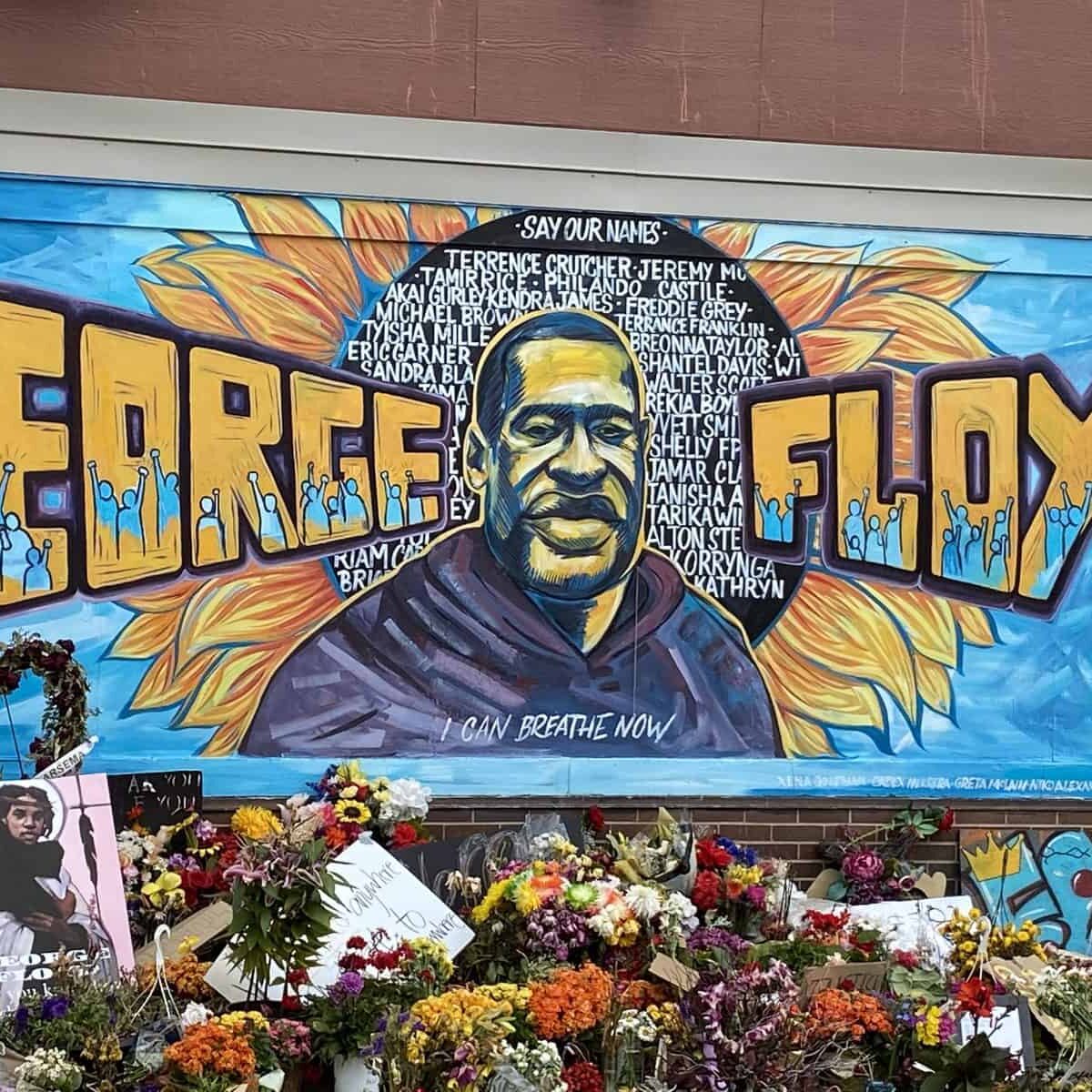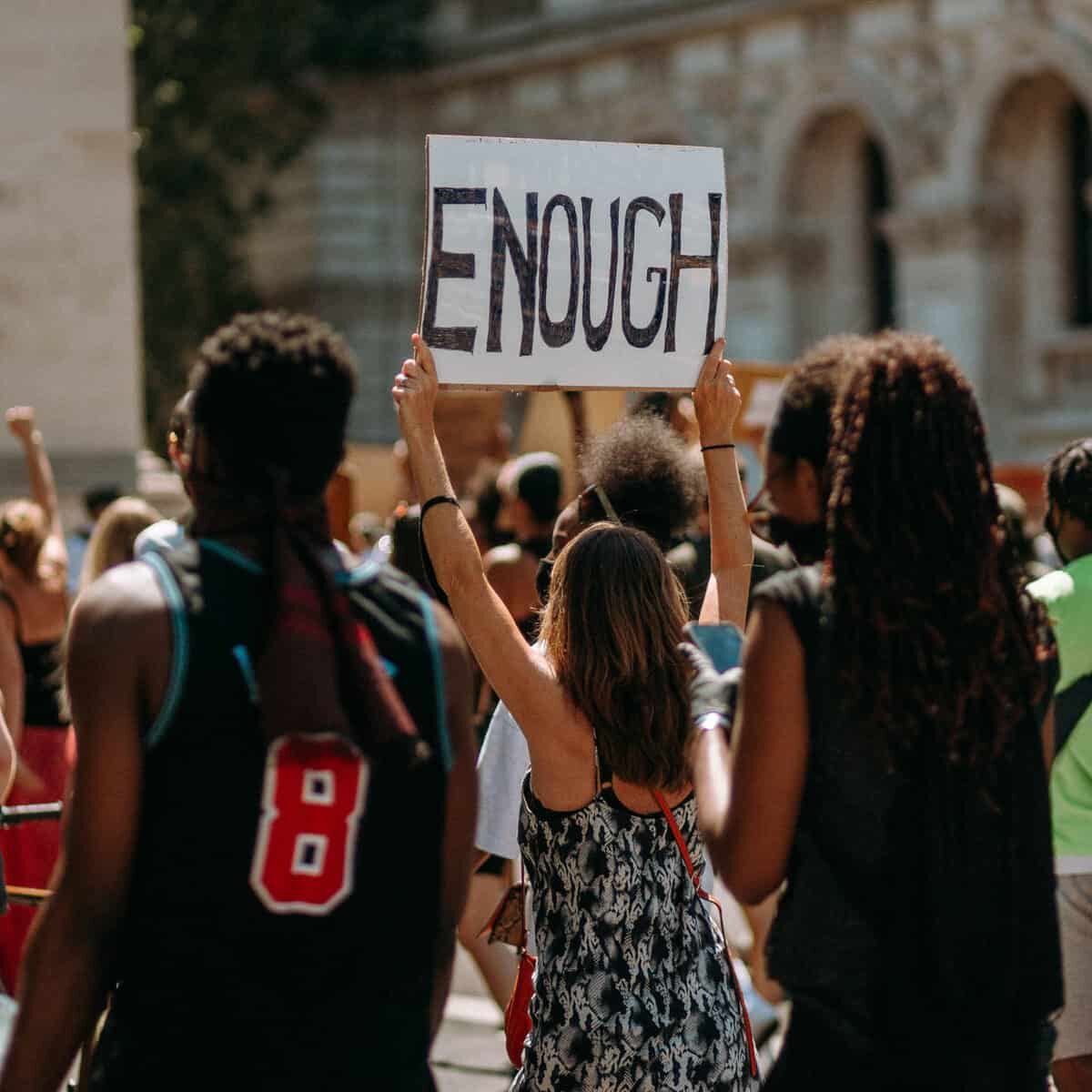Reimagining Public Safety
EFFORTS TO REIMAGINE PUBLIC SAFETY
HOW TO BE AN ADVOCATE
“Never doubt that a small group of thoughtful, committed citizens can change the world; indeed, it’s the only thing that ever has.”
– Margaret Mead
One of the biggest challenges for those wanting to make a difference is getting the attention of policy makers who have the power to enact laws and enforce existing policies that impact the community.
Is Advocacy Important?
Advocacy is at the heart of change. Advocacy is the product of passion, commitment and the desire to influence policy and/or practice. Grassroots advocacy is often driven by personal experience. There is amazing power in bringing together a group of people who share a common goal and who are willing to work together to achieve that goal. Grassroots advocacy and community organization have been responsible for many (if not most) of the progressive social changes in the 21st century. Grassroots advocacy is a powerful tool in setting the policy agenda for individual States or for the entire United States. Efforts by citizen activists have the power to influence policy makers by demonstrating that a particular issue has wide-spread support and therefore voter support.
Why Is Advocacy Important?
Grassroots advocacy is a proven method of spreading the word about multiple issues. With widespread use of social media, messages can be seen by thousands of people and calls to action can be sent in a matter of minutes. Advocacy efforts help us educate the community and equip individuals with information to help people understand the issues at hand. Community organizing brings much needed attention to an issue and it can mobilize thousands of people to send a message, write a note, make a call or in some other way demand that our policy makers give attention to a particular issue.
Who Can Be an Advocate?
Anyone can be an advocate and most people step into an advocacy role almost daily, often without realizing it. When you talk to a family member, friend, neighbor or colleague about an issue that you care about you are being an advocate. When you volunteer to help register people to vote you are being an advocate. Every time you use your voice in support of an issue you believe in you are acting as an advocate. Advocacy is part of our daily lives and moving from advocating for one individual to advocating for a larger group is not as hard as people might think.
There are several qualities that help people be effective advocates. They include such things as passion, commitment, integrity, honesty, and courage. Advocacy is really about believing in something and being willing to speak openly, honestly and often about that belief. The most effective advocacy happens when a group of ordinary people are brought together and after some training or coaching are allowed to use their voices and speak for themselves. Most people find that becoming an advocate is easy because often they are advocating for something they know well and truly believe in. Grassroots activists are typically people who are driven by the belief that they have a story to tell and that their story is important. This is vastly different from a paid lobbyist who works for a company and seldom has a personal connection or interest in the “product” he/she is “selling”.
How Do You Advocate?
Advocacy is simple. It is all about preparing, practicing and telling a story. Grassroots advocates have the advantage of being interested in one issue and having a deep understanding of that issue. Citizen activists who go to elected officials do not need to be an expert in all aspects of an issue to be effective but they do need to have a clear plan and a well thought out message and “ask”. It is important to prepare for a lobby visit by doing the homework, anticipating the questions, getting the facts right, practicing and preparing.
Effective grassroots advocacy is about forming relationships and being persistent. It is about never giving up and being willing to return to your State and Federal elected officials offices as often as necessary. It is about believing in your cause and working until you achieve your goal.
“Good advocacy rests on a three-legged stool; to be effective, all three legs must be in place.
One: The Capitol leg, what goes on where policy is made.
Two: The Community, or grassroots leg, what goes on in the community.
Three: The Media leg, what we do to spread the word.”
– Nancy Amidei
“The future will belong to those who have passion and are willing to work hard to make our country better.”
– Paul Wellstone
Updated [lmt-site-modified-info]
BROWSE OUR OTHER TOPICS
Proposed Charter Amendments
RESOURCES
Press articles, scholarly articles, reports and studies
DEFINITIONS
Glossary of terms and definitions



